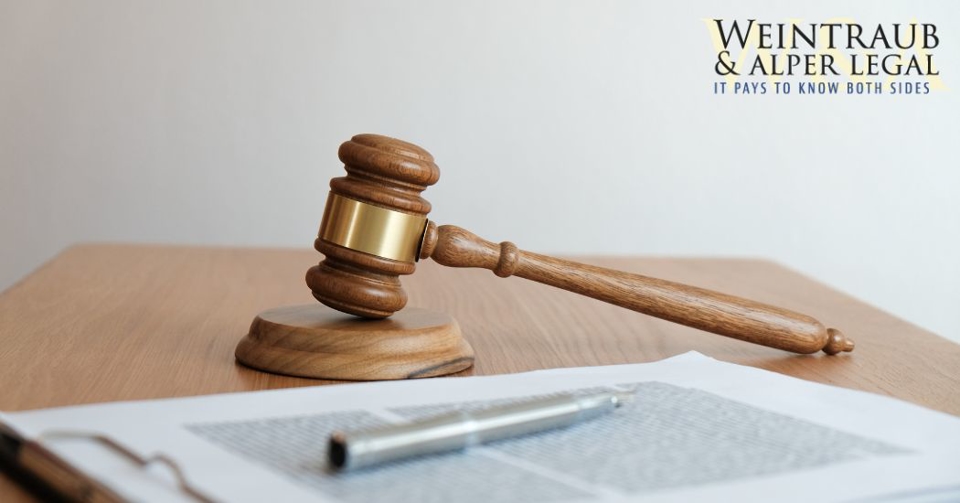When it comes to encounters with law enforcement, it's essential to understand your rights and how to protect yourself. One common question is whether the police can lie during interrogations or investigations. In this blog post, we will explore the legality of police deception, the steps to take when consulting an attorney, and how they can provide invaluable assistance in navigating the legal system.
Can the Police Lie? The answer to this question is complex, as it varies depending on the specific circumstances. The police can use tactics to get you to answer lawful questions. Whether those tactics are legal relies on having an attorney present during questioning. Common tactics include bluffing about evidence, presenting false witnesses, or making false promises. However, certain forms of deception may cross the line into coercion or violating a suspect's constitutional rights, leading to potential legal challenges.
Steps to Take When Consulting an Attorney:
- Remain Silent: If you find yourself in a situation where the police are questioning you, you must exercise your right to remain silent. Inform the officer that you would like to consult an attorney before answering any questions. This simple act can protect your interests and prevent any unintentional self-incrimination.
- Gather Information: After exercising your right to remain silent, gather as much information as possible about the encounter. Note down the names and badge numbers of the officers involved, along with any witnesses present. These details will be essential when discussing your case with an attorney.
- Seek Legal Advice: Consult an attorney specializing in criminal defense as soon as possible. They will guide you based on their expertise, ensuring you fully understand your rights and options. An experienced attorney can help you navigate the legal process, evaluate the strength of the prosecution's case against you, and provide valuable insights on potential defense strategies.
How an Attorney Can Help:
- Protecting Your Rights: One of the primary roles of an attorney is to safeguard your constitutional rights throughout the legal process. They will ensure that law enforcement follows proper procedures, such as obtaining warrants and respecting your right to due process.
- Analyzing Evidence: Attorneys are trained in examining evidence and identifying inconsistencies or weaknesses in the prosecution's case. They can challenge the admissibility of evidence obtained unlawfully or through deceptive tactics, potentially leading to its exclusion from court proceedings.
- Negotiating Plea Deals: In situations where a plea deal may be appropriate, an attorney can negotiate on your behalf to secure the best possible outcome. They will carefully review the terms of the agreement, ensuring that it aligns with your interests and provides the most favorable resolution considering the circumstances.
- Representing You in Court: If your case goes to trial, an attorney will provide skilled representation, presenting your defense to the judge and jury. They will challenge the prosecution's arguments, cross-examine witnesses, and present evidence to support your innocence.
Understanding the limits of police deception, knowing how to protect your rights, and seeking legal counsel are crucial steps when dealing with encounters with law enforcement. An attorney from our team at Weintraub and Alper Legal can provide invaluable guidance, helping you navigate complex legal processes and ensuring your best interests are represented. Consulting with us early on is essential, as we can guide you through every step of the way and fight for your rights. Call us at (404) 907-1536 for help with your criminal case.







